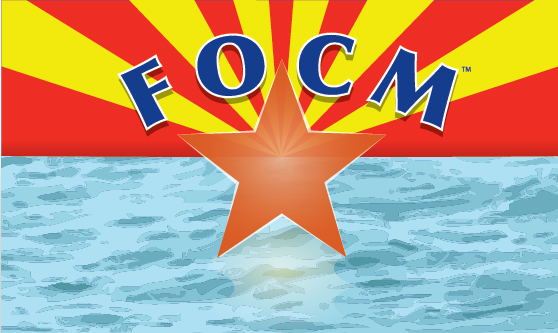Nathan Yates has spinal muscular atrophy and is a professor or economics and finance. Here’s an excerpt of his article on the price of a new drug to treat his condition. The bold in the text below is mine. The
The full article is here:
https://www.statnews.com/2019/05/31/spinal-muscular-atrophy-zolgensma-price-critics/
As someone who has lived with spinal muscular atrophy for all 30 years of my life, I was perplexed and disappointed that the recent approval of Novartis’ gene therapy Zolgensma was immediately overshadowed by outrage over the drug’s price: $2.125 million.
The Food and Drug Administration’s decision was a pivotal day for those of us in the SMA community. Zolgensma, approved for children under 2, is the only one-dose treatment option for any category of SMA patients and has been highly effective in clinical testing so far.
Sure, it’s the world’s priciest drug. But instead of debating the level of financial profit that is appropriate for Novartis, let’s focus on the needs of patients. How are we going to get treatments for rare diseases if there’s not a financial incentive for doing it? Therapies are being developed because people think they can sell them for a profit. We don’t like to talk about it, but pharmaceutical companies exist to make money. Don’t we realize, though, that all of society profits from each disease we cure and each baby that is saved from SMA and other deadly diseases?
As a professor of economics and finance, I believe that the cost-related complaints being thrown around social media are short-sighted. Shortly after Zolgensma’s price was announced, I even told a friend, “This is a good problem to have.” Why? It’s a twofold answer:
- Competition – drives cost down
- Long term value – each successive drug that’s approved will be an improvement – whether that’s injected by IV once instead of into the spinal column every 4 months or made into a pill for once a day dosing. drug
